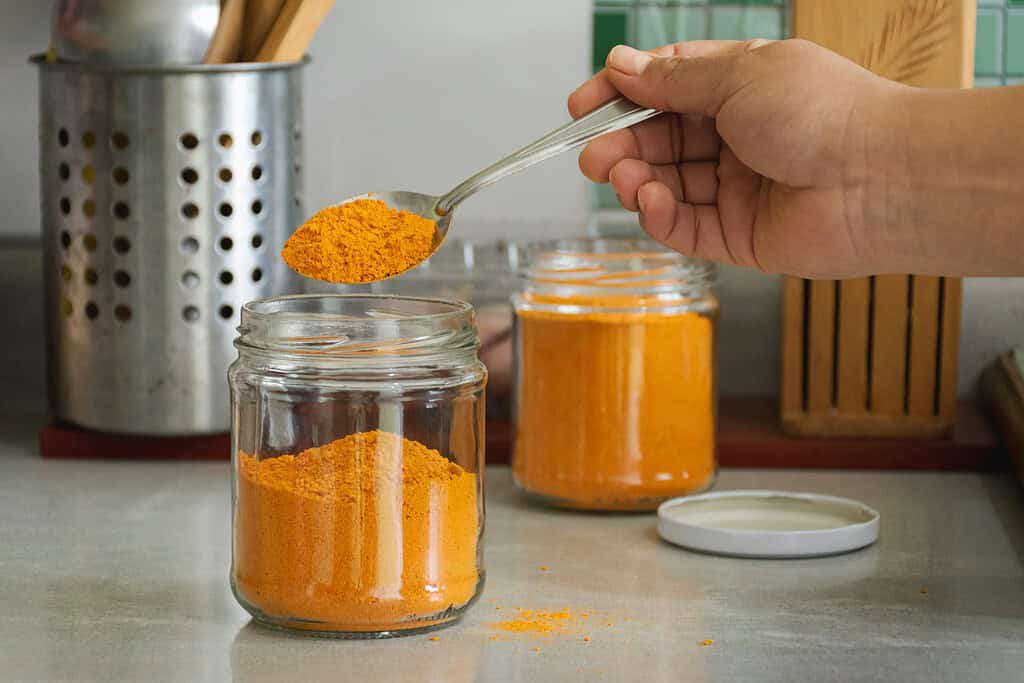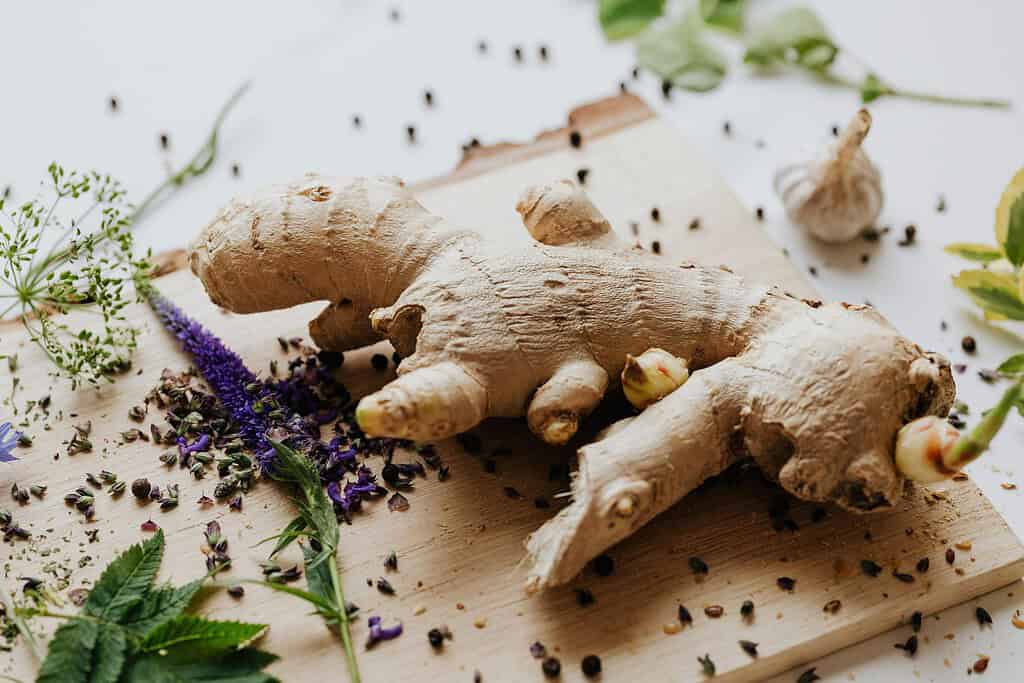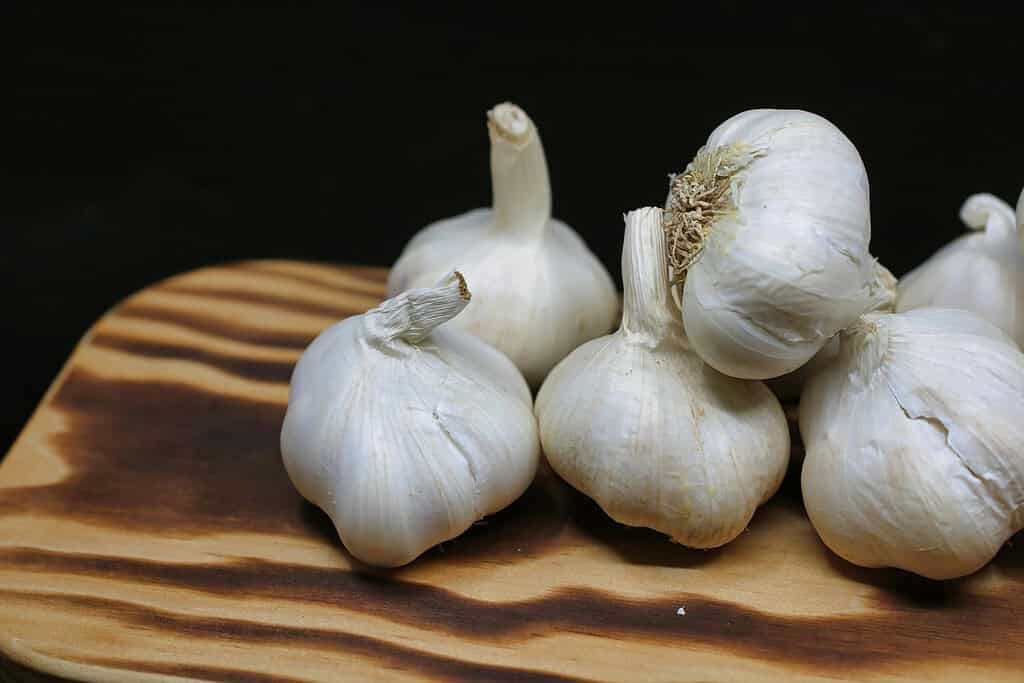Your spice rack holds more than just flavour enhancers – it’s a versatile arsenal of potential health benefits backed by scientific research. Common kitchen spices have been used medicinally for thousands of years, and modern studies continue to validate many of their traditional applications. Their diverse flavours and health benefits make them a must-have in any kitchen.
The Golden Wonder: Turmeric
Turmeric stands out for its active compound, curcumin, which has powerful anti-inflammatory and antioxidant properties. Research indicates it may help reduce symptoms of arthritis, improve brain function, and potentially lower the risk of heart disease. Studies have shown that combining turmeric with black pepper significantly increases curcumin absorption. Specifically, piperine in black pepper can enhance curcumin absorption by up to 2,000%.

Recent research has also linked turmeric to improved mood and reduced symptoms of depression. A 2017 review published in the Journal of Clinical Medicine found that curcumin supplementation showed effects comparable to some prescription antidepressants, though on a milder scale.
The Sweet Healer: Cinnamon
Cinnamon has emerged as a valuable ally in blood sugar management. Regular consumption may improve insulin sensitivity and lower blood sugar levels, making it particularly beneficial for people with type 2 diabetes. Beyond its metabolic effects, cinnamon contains compounds that may protect against neurodegenerative diseases.

The spice comes in two main varieties: Ceylon (“true” cinnamon) and Cassia (more common). While both offer health benefits, Ceylon cinnamon contains lower levels of coumarin. This compound may be harmful in large doses, making it the preferred choice for therapeutic use.
The Versatile Root: Ginger
Ginger’s bioactive compound, gingerol, offers impressive medicinal properties. Clinical studies support its effectiveness in reducing nausea, particularly morning sickness and chemotherapy-induced nausea. Research also suggests that ginger’s anti-inflammatory effects may reduce muscle pain and soreness after exercise.

New studies indicate ginger might play a role in weight management by increasing thermogenesis and reducing feelings of hunger. A 2019 review in the Annals of the New York Academy of Sciences highlighted ginger’s potential in supporting metabolic health.
The Heart’s Friend: Garlic
Garlic’s sulfur compounds, particularly allicin, have been linked to cardiovascular health benefits. Regular consumption may help reduce blood pressure and cholesterol levels. Some studies indicate garlic supplementation might boost immune function and reduce the severity of common colds.

Research suggests aged garlic extract may help reduce plaque buildup in arteries and lower the risk of blood clots. A fascinating 2020 study in Experimental and Therapeutic Medicine found that garlic compounds might help protect against certain types of cancer by promoting healthy cell death.
The Memory Enhancer: Rosemary
Rosemary contains carnosic acid and rosmarinic acid, compounds that may enhance memory and concentration. Research suggests these antioxidants could protect brain cells from damage and potentially slow age-related cognitive decline.

Interestingly, even the mere scent of rosemary has been shown to improve cognitive performance. A study published in Therapeutic Advances in Psychopharmacology found that exposure to rosemary essential oil improved speed and accuracy in mental tasks.
Additional Powerhouse Spices
Cayenne Pepper
Capsaicin, the compound responsible for cayenne pepper’s heat, may boost metabolism and reduce appetite. Recent studies suggest it could also help manage pain and potentially support heart health.
Cardamom
This aromatic spice shows promise in supporting digestive health and may help lower blood pressure. Its antioxidant properties might also protect against certain types of cancer.
Sage
Modern research supports the traditional use of sage for memory enhancement. Studies indicate it may help improve cognitive function, particularly in older adults.
Practical Applications
While these spices show promising health benefits, it’s important to note that many studies use concentrated extracts rather than typical culinary amounts. However, incorporating these spices regularly into your diet can contribute to overall health as part of a balanced lifestyle.
To maximize benefits:
– Store spices in airtight containers away from heat and light
– Replace ground spices every six months to ensure potency
– Combine complementary spices for enhanced benefits (like turmeric with black pepper)
– Add spices toward the end of cooking to preserve their beneficial compounds
Remember that quality matters. When possible, choose organic, fresh spices. Consider whole spices that you can grind as needed for maximum potency and flavour. By making informed choices about the spices you use, you can ensure you’re getting the most out of their health benefits.
Visit Blogsweneed for information, Blogs, and articles like this.

Hi, I’m Nathan Cross, a writer and avid reader who loves crafting articles for newspapers and online platforms. Words are my passion, whether I’m telling stories, sharing insights, or sparking conversations. When I’m not writing, you’ll find me lost in a book or out on the baseball field, enjoying the game that keeps me grounded. Writing, reading, and baseball—these are the things that define me.




